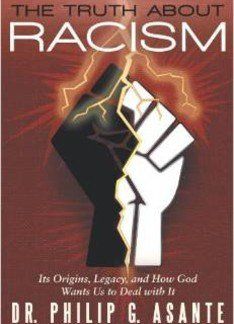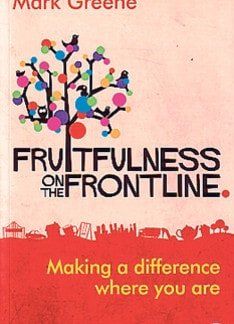The New Commandment
by Philip Grist
Perusing John’s Gospel and the letters he wrote, I am not surprised that this man was known as ‘the Apostle of love’. Unlike Peter, he didn’t need to be asked ‘Do you love me?’
He loved the Saviour dearly and was always close to Jesus. Even at the cross, when the other disciples seem to have run away, John stood by. Characteristically, he doesn’t name himself but simply writes, ‘Near the cross of Jesus stood … the disciple whom he loved’ (John 19:25-26).
What a challenge to us all! As Mary sat at the Master’s feet that she might learn of him, so John developed a humble, learning spirit. Those who, by God’s grace, develop such a spirit through listening to the Word of God are likely to display the love of Christ in a marked way. Small wonder that the Holy Spirit chose to reveal to John the ‘new commandment’ (John 13:34).
What is this new command?
Those who think love is absent from the Old Testament could not be more mistaken. Certainly the Old Testament reveals the justice and severity of God. But over and over again, the deep love of God is seen in his mercy and faithfulness.
How patient he was with his ancient people! Exodus 34:6 declares God as ‘The Lord … the compassionate and gracious God, slow to anger, abounding in love and faithfulness’. The Old Testament teaches ‘love and faithfulness’. The Old Testament teaches ‘love your neighbour as yourself’ (Leviticus 19:18).
The Psalms are full of a gracious and compassionate God, one who is ‘rich in love’ (Psalm 145:8). The Old Testament saints did see the love of God displayed as well as his burning holiness.
But now John was beginning to see the ultimate fulfilment of God’s love. He had walked with God’s beloved Son for more than three years and had seen a love that previous saints had never seen.
He was seeing a love that he would imitate, along with all future saints called by that everlasting love. The new command was centred in the cross. In the Saviour’s darkest and most painful hour, John heard a plea that must have shaken creation itself: ‘Father, forgive them [those cruel, heartless soldiers — and me] for they do not know what they are doing’ (Luke 23:34).
That sums up the new command. If I can love my enemies as Christ did, surely it should be very simple to love my friends! That leads to the exhortation.
Love one another
The church in Ephesus had lost all this. They had forsaken their ‘first love’ (Revelation 2:4). Their love for Christ had dwindled. As a result, they no longer loved one another as the new commandment exhorts.
The challenge is startling: ‘Love one another, as I have loved you’. Surely that must be impossible? The simple answer is ‘No’. If Jesus tells me to love my brothers and sisters as he did, then it must be possible by his grace to do so. Indeed, it is vital — so that Christ might be glorified.
I am redeemed to live and love like him. It seems to me that the secret lies in Romans 5:5: ‘the love of God has been poured out in our hearts by the Holy Spirit who was given to us’.
The word ‘pour’ (
AV‘shed abroad’) indicates profusion. The love of Christ has gushed into our hearts. As Thayer states, ‘The Holy Spirit gives our souls arich sense of the greatness of God’s love for us’. That is the love that should also flow outof our hearts to fellow believers.
Meditate on the cross
The cross of Christ is where I learn to love. There, firstly, I see displayed God’s love to the unlovely. By his side there died a revolting specimen of humanity polluted by heinous sins. Love reached out, cleansed, saved and rescued him.
We may not have sunk to such depths, but just one sin renders us unlovely. A glimpse of my heart is a humbling experience. I discover the wretchedness of my sinful nature and bow in amazement as I consider the abounding grace of God to one so unlovely.
David Brainerd once wrote in his diary: ‘Had a humbling and pressing sense of my unworthiness. My sense of the badness of my own heart filled my soul with bitterness’. Thank God Christ came to call
sinnersto repentance, not those filled with self-righteousness. Love to the unlovely — ‘as I have loved you!’
Willing love
Secondly, I see at the cross a willing love. There was no hesitation on Christ’s part. He willingly ‘humbled himself’. He wasn’t coerced by anyone else to offer himself a sacrifice for our sin. The driving force was his own eternal love. How willing am I to love as he loves?
Thirdly, the cross displays the outcome of an unchangeable love. How rapidly our love changes. How quickly we ‘go off’ people, even brothers and sisters in Christ. As I gaze at the cross, I see a deep, constant love — a love that will not let me go.
Jesus says that is how we are to love. The words, ‘as I have loved you’ go beyond ‘must’ or ‘ought’ to constitute a delightful privilege. Lord, deliver me from a changeable love that blows hot and cold!
The love of Christ truly expressed among believers in the church will be one of the clearest demonstrations of his love to a hopelessly lost world. Indeed, that love will be evangelistic!

















